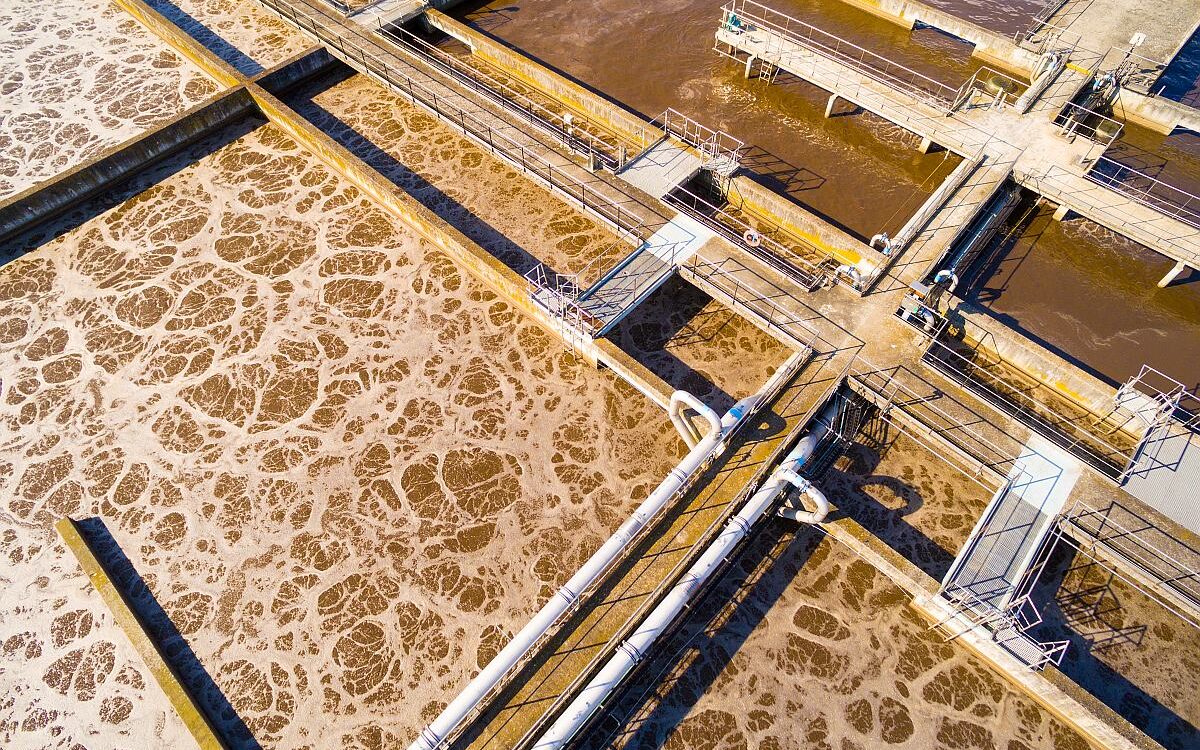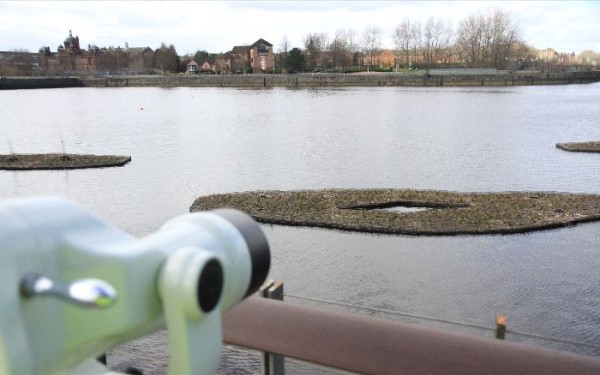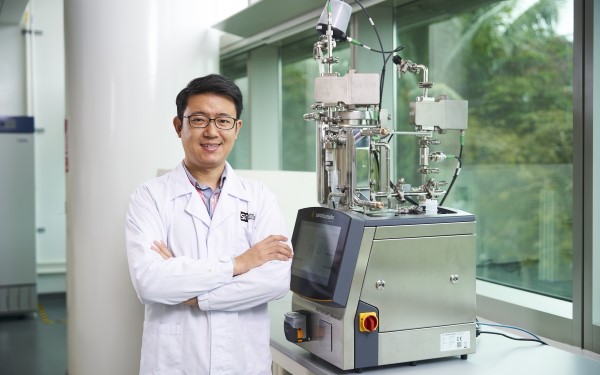Organic micropollutants are an increasing challenge for the water cycle, in particular in densely populated areas, where water sources are heavily used. The river Ruhr is crossing the densely populated Ruhr-area in North-Rhine-Westphalia, Germany, and is also used for drinking water supply. Supplying more than five million inhabitants with clean drinking water creates various challenges. One of these challenges are medical substances such as x-ray contrast media (XRC).
XRC in the water cycle
XRC are man-made substances that are necessary for specific x-ray examinations. They leave the human body by urinary excretion within 24 hours after application and therefore enter the water cycle. Conventional waste water treatment technology does not completely remove XRC, as they are very stable and difficult to degrade biologically. Consequently they reach the surface waters, and the concentrations of XRC in the river Ruhr increase from the source to the confluence with the river Rhine. According to current scientific knowledge, XRC do not cause any damage to human health or to the environment. They are non-toxic and don’t accumulate in the human body. However, they end up in the water cycle and therefore finally also in our drinking water and food. Hence, XRC will continue to spread into the environment if no concrete countermeasures are taken.
Pilot project
That is why the pilot project MERK’MAL was brought to life. Led by IWW Water Centre and co-initiated by the water supplier RWW, the project aimed to reduce emission of XRC into the river Ruhr. During four months, the four largest institutions that use XRC in the city of Mülheim an der Ruhr handed out urine bags to their patients. The patients were asked to use these bags for the first 24 hours after medical examination. The bags contain an absorbent material that fixes the urine and enables disposal by domestic waste. That way the XRC were kept out of the water cycle. The project team collaborated closely with the medical organisations to improve the concept and adapt it to their daily practice.
Regional roll out planned
The success of the project was measured with the help of feedback forms and telephone interviews with patients on a random sample basis. Also, water samples were taken and analysed in cooperation with the city of Mülheim, the regional water board Ruhrverband and the IUTA institute. The patient survey showed that 87% of the patients actually used the urine bags, and for some XRC a significant decline of their concentration in the waste water could be detected.
The amount of XRC that could be held back by the MERK’MAL concept are quite impressive – in Mülheim alone several hundred kilograms each year. Projected onto the entire catchment area of the river Ruhr, that would be about four tons of XRC every year. If the MERK’MAL concept were implemented in the whole region, the concentration of XRC in the Ruhr could be reduced by 50%.
Encouraged by the results, the project team already plans a regional roll out for the project, this time with the objective of reducing XRC in the core catchment area of the Ruhr. The project was funded by the German Federal Environmental Foundation (DBU).






